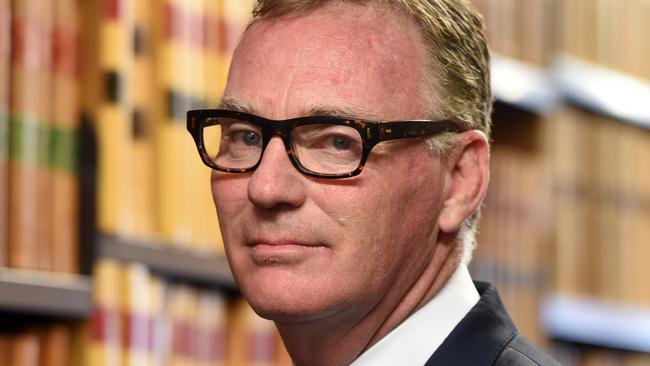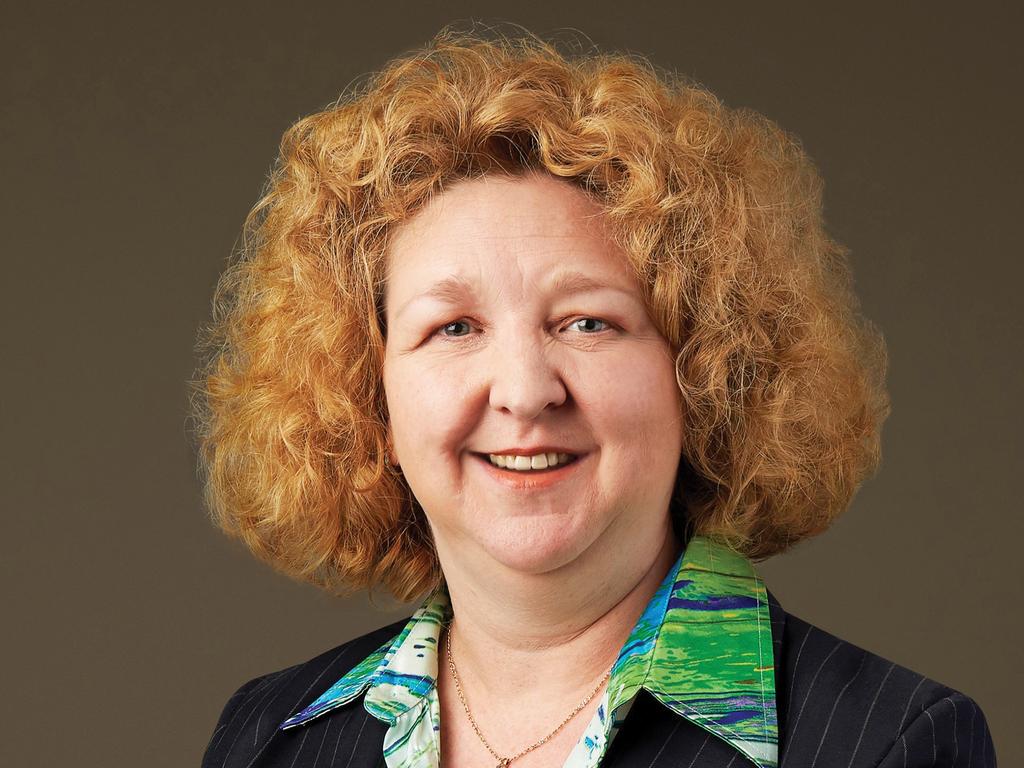Family Court overhaul cuts the case backlog at a record rate
Caseclearance rates have dramatically lifted following the merger last September of the Family Court of Australia and the Federal Circuit Court of Australia.

Caseclearance rates have dramatically lifted following the merger last September of the Family Court of Australia and the Federal Circuit Court of Australia, with those finalised at a record 130 per cent in the year to June.
Improved resources and systems enabled judges to make inroads into the notorious backlog that had decreased by 18 per cent, or more than 3800 matters since the merger, Federal Circuit and Family Court of Australia Chief Justice Will Alstergren told the national family law conference in Adelaide this week.
“Registrars have conducted more than 4100 dispute resolution events mainly in parenting cases since September 1, 2021, with an average settlement rate of 55 per cent, including a large proportion of entrenched matters that had been pending in the system for years,” he said.
The court has received a boost in funding in recent years, including a record $100m allocation in the May 2021 federal budget.
Calling its progress a “rejuvenation”, the Chief Justice said: “Some of this started in late 2018, some was in response to the pandemic and some was as a result of legislative change.”
The pandemic had been instrumental in speeding up implementation of online operations of the courts including case management. Among other benefits, this had “enabled vulnerable and regional litigants to have access to justice from their homes or safe environments” rather than having to go to court registries or wait for a judge to come on circuit court.
The courts now have 111 judges, up by 52 since October 2018; 110 registrars, almost trebled since 2019; and 106 child court experts, up by 38 per cent since June 2020.
The combined docket size for judges in division 2 of the court, where most parenting and property orders are made, had fallen by 60 per cent since the merger.
The National Contravention List introduced in October was successfully dealing with complaints about compliance and helping to identify whether there was increasing risk to participants or their children during the time it took for a case to be finalised.
Two pilot programs were proving successful: the Priority Property Pools under $500,000 (PPP500) list, piloted in four capital cities, with 77 per cent of cases settled by registrars and fewer than 5 per cent requiring a significant hearing before a judge; and the Lighthouse Project.
The latter is a more streamlined process for screening cases for violence and other risk factors, then triaging and managing them.
It was promised $54.9m in last year’s budget, and the court hopes to roll it out nationally this year
Chief Justice Alstergren also revealed new data gathered since the October 2020 launch of the revised system for collecting Notice of Child Abuse, Family Violence or Risk forms.
It showed almost 80 per cent of parenting cases filed last financial year were referred to the state or territory child welfare agency because of the risks alleged; in almost 70 per cent, one or both parents alleged child abuse or the risk of it; and in 58 per cent, one or more of the parents said mental health issues experienced by the other had harmed or risked harming a child.
“These figures are shocking and go some way to depicting the prevalence of family violence and other risks in our courts and in the community,” Chief Justice Alstergren said, calling for “a proper national conversation”.
“It is … time that far more was done about family violence in our society,” he said. “Not just about how we as courts and the (legal) profession treat cases with family violence and how to keep people safe once it has occurred, but how to prevent it.”






To join the conversation, please log in. Don't have an account? Register
Join the conversation, you are commenting as Logout